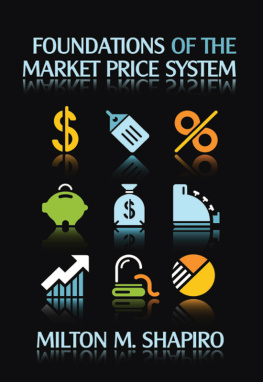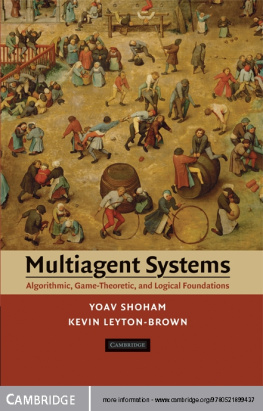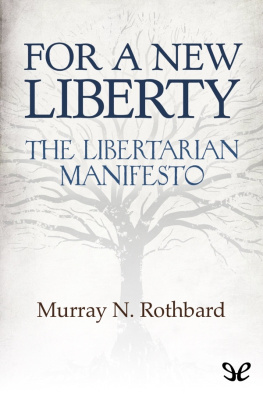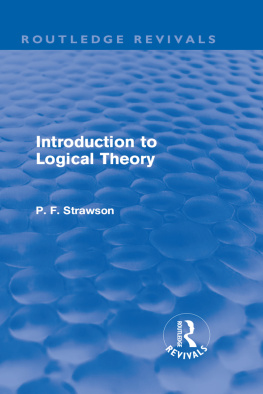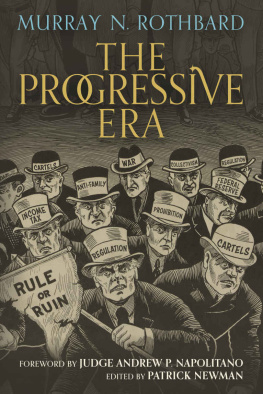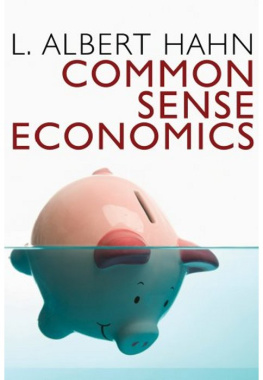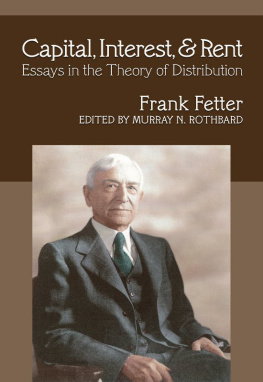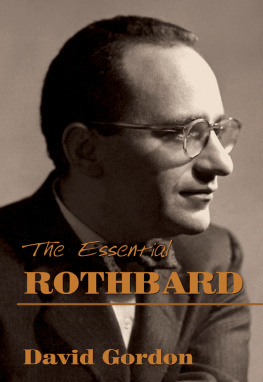FOUNDATIONS OF THE MARKET-PRICE SYSTEM
Milton M. Shapiro
 | LANHAM NEW YORK LONDON |

Copyright 1985 by
University Press of America, Inc.
4720 Boston Way
Lanham, MD 20706
3 Henrietta Street
London WC2E 8LU England
All rights reserved
Printed in the United States of America
ISBN (Perfect): 0-8191-4543-2
ISBN (Cloth): 0-8191-4542-4
Copyright 1974 by Milton M. Shapiro
Originally published by California State Polytechnic University, Pomona, California
All University Press of America books are produced on acid free paper which exceeds the minimum standards set by the National Historical Publications and Records Commission.

TO MY PARENTS
Baruch and Rivkah,
who gave me life
and
TO MY FAMILY
Jeanne, Johanna and Arthur,
who fulfill that life.
ACKNOWLEDGMENTS
First, intellectual debts. The greatest of them, and most gratefully acknowledged, are to those thinkers who helped create, shape, and nourish the Austrian tradition in economics. Chief among these men are Ludwig von Mises and Friedrich A. Hayekwho never lost sight of the bridges linking economics with the other sciences of human actionand Murray N. Rothbard and Israel M. Kirzner, current regenerators of the tradition and innovators on their own. The Austrians have taught us to view man as a whole person and not as mere economic man geared to a materialist calculus, nor as a figment of abstract mechanical constructsthat is, man in his total reality instead of the foreshortened reality viewed through the prism of mathematical models. Thus they have treated economics as but one facet of the general science of human action.
In this connection I must also mention the late Professor Clyde W. Phelps, who fortunately turned me on to the Austrians in the first place during the final years of my graduate studies, and Henry Hazlitt, whose works feature tributes to the Austrians. Also, like an oasis in the desert was the Foundation for Economic Education, Irvington-on-Hudson, N.Y., whose monthly The Freeman has featured works by the Austrians and on the free-market system, and whose inspired president, the late Leonard E. Read, made sure there was always enough water to refresh the remnants.
Other intellectual debts are no less noteworthy. Important insights were provided by Armen A. Alchian and William R. Allen in their pathbreaking texts, University Economics and Exchange and Production . Other of these debts are expressed in my references throughout these pages, while still other debts may regretfully go without specific acknowledgement owing to infirmities of memory.
Gratitude of another sort is extended to those who took time out to review early drafts, particularly Professors Rothbard, Alchian, and Ludwig M. Lachmann. Needless to say, none of the above can be held responsible for any misinterpretation or misuse of their work on my part.
On a more practical level, this book would not have been possible without creative and Sabbatical leaves granted by the California State Polytechnic University, Pomona, nor without fellowships and grants from the Institute for Humane Studies, Menlo Park. At the Institute it was my good fortune to receive from the outset the personal encouragement of the late Floyd A. Harper, as well as Kenneth S. Templeton, Jr., both of them dedicated spokesmen for liberty and property rights in a humane society, as well as promoters of research and writing on the free market.
In a similar vein, I am most grateful to the directors of the university Press of America reprint program for their recognition of this books merits and for this opportunity to reach a much wider audience.
Finally, but no less deserving of recognition are Karen Meade, for her typing skills and editorial acumen, and Robert M. Marvos, for his bold graphics.
CONTENTS
Contents
Chapters :
TABLES AND FIGURES
Figures
PREFACE
This book on introductory micro-economics was forged as a by-product of some 20 years teaching of university economics. Earlier editions appeared under the title The Common Sense of Economics . From its inception in 1974 it has been used as a text in my classes.
Nevertheless, it was also conceived to appeal to the common sense of the general audience, as well as to the practical-minded business school student. Indeed, the original title, inspired by Philip Wicksteeds The Common Sense of Political Economy (1910, 1946), was meant to reflect the books underlying methodology as much as to pay homage to that great writer.
Last but not least: This book, being of convenient length, can also serve as a suitable companion to other texts. Although it treats of the standard material, it does so in a truly alternative and complementary fashion, and is only minimally duplicative. Furthermore, it is thoroughly devoid of mathematical impedimenta.
This new edition incorporates extensive editorial changes and the addition of appendixes to Chapters VIII and X, a vastly expanded introduction and other front matter, an index, and a reading list. Thus, it was also a fitting occasion for the change in title to one that is more descriptive of the books substance.
Although this is primarily a textbook in the principles of micro-economics, my desire is to give it relevance to a wider audience. Thus, I have reached out beyond the traditional confines of other texts to include non-technical elements which I believe are required for two purposes: to elucidate the ultimate foundations of the subject, and to create links or bridges between human action in the realm of economics and human action in general , particularly in the dimension of subjective motivation and decision-making.
In this connection it is pertinent to note that an ironic strain is intermittently played in this book, starting in Chapter I, precisely because it is so ). However, when it comes to being directly aware of the basic natural laws of existence, it is Crusoe who has it over modern man.
The reason is that man living alone in natures wilderness learns soon enough the lessons that nature implies for him: the need to work and produce and live by his wits; the need to assume the natural right to do all of these things as well as the right to keep and cherish the fruit of his labors; and, above all, the need to assume the burdens of self-responsibility. It is very much otherwise in the case of modern man ensconced in polities concerned for his cradle-to-grave needs. (On this see .)
In virtually every dimension of modern existence, the complexities and sophistication required to sustain and advance civilization have removed man so far from wilderness existence that the direct, clear dictates of nature are obscured from his view. Thus, while we unquestionably live so much better than our primitive ancestors (see ), too often we dont really know why! Im reminded of the very apt line from the poet Goethe:
Ein jeder lebts, nicht vielen ists bekannt.
(We are all doing it; very few of us understand what we are doing.)
Add to this the obfuscations, deliberate or inadvertent, of those messianic types who would deliver us from all our travails by imposing their illusions, myths and Utopian visions on the rest of usand it follows that the task of discerning and explaining the

